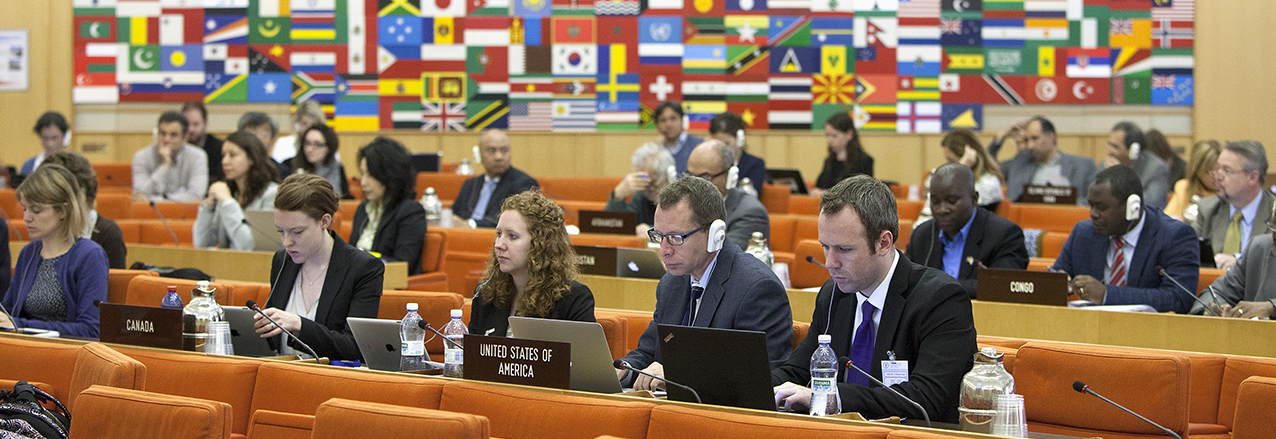
Through USAID, the Millennium Challenge Corporation (MCC), and the Feed the Future Initiative, the United States Government provides technical support, training and thought leadership on strengthening land tenure and property rights to local and national governments, civil society organizations and the private sector. Over the past several years, the U.S. has leveraged its financial resources and technical expertise to promote land and resource governance priorities in key international fora.
Photo Credit: FAO/Giuseppe Carotenuto
Timeline of Key Land Agreements
The U.S. Government is a global leader in the land and resource governance sector and is committed to working with the international community to develop and implement guidelines and principles that strengthen land and resource governance systems as a strategy for improving food security, economic growth, and sustainable development. Through international agreements, global coordination, and bilateral development assistance, the United States supports programs and policies that create more transparent, accountable, accessible, predictable and stable access to land and other resources, enabling greater responsible private sector investment and fostering broad-based economic growth.
Agreements in 2013
Building on progress achieved in 2012, the 2013 G7, under U.K. leadership, announced bold steps to improve transparency in land transactions, including a series of Land Partnerships. As part of this effort, the United States has partnered with the Government of Burkina Faso to strengthen land governance and improve transparency in land transactions.
The U.S. also played a key role in the creation of the Global Donor Working Group on Land, launched in July. USAID led one of the group’s first initiatives, developing a comprehensive database of member organizations’ land governance programs.
Agreements in 2014
The U.S. Government actively participated in the CFS’s development of the Principles for Responsible Investment in Agriculture and Food Systems (RAI), which were adopted in October. The RAI provides a framework for promoting responsible land-based investment, including respecting and protecting land tenure in the context of agricultural investments and national food security strategies.
Agreements in 2015
Under the leadership of Grow Africa and the New Alliance for Food Security and Nutrition, and working with a range of other bilateral and multilateral development partners, USAID played a key role in developing the Analytical Framework for Responsible Land-Based Agricultural Investments through a collaborative multi-stakeholder process in August. The Analytical Framework was designed to help investors understand complex land tenure issues and establish practical processes that will align their policies and actions with global best practices and relevant international guidelines.
The U.S. Government also played a leading role in shaping the United Nations Sustainable Development Goals (SDGs), which were adopted in September 2015. The SDGs are comprised of 17 goals and 169 targets covering a range of critical development issues. The targets for the goals intended to end poverty, hunger and ensure gender equality all contain a target prioritizing land and natural resource rights as essential to achieving each goal.


